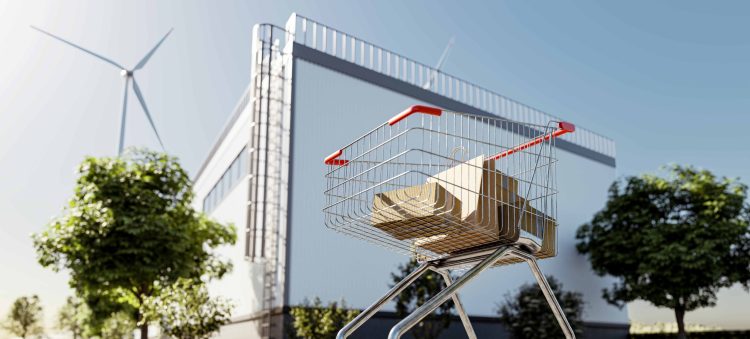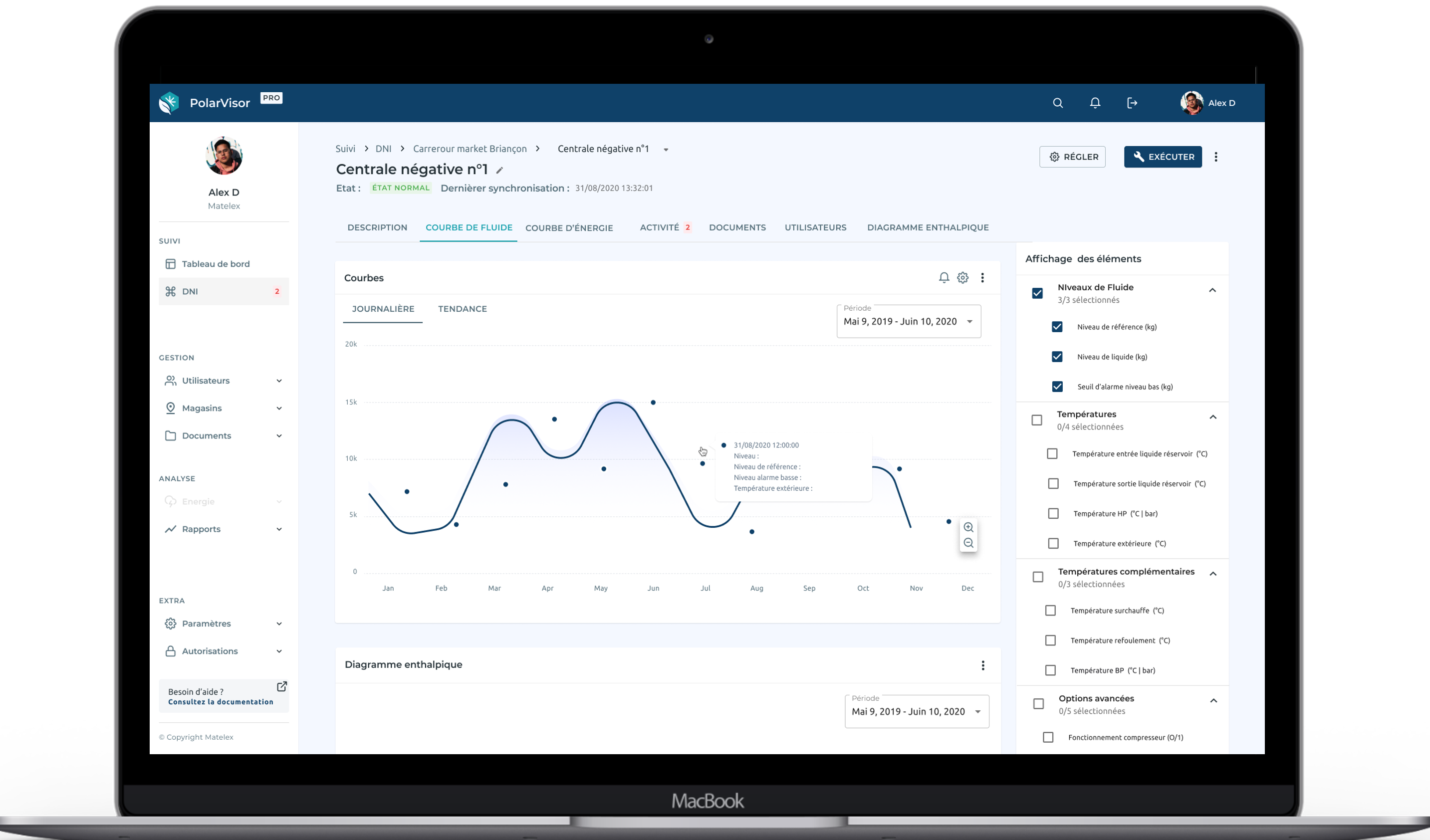Regulations • 11.10.2024
Tertiary sector decree: a guide to energy efficiency

You’ve probably heard of the tertiary decree. Published in the Journal Officiel on 25 July 2019 following the entry into force of the 2018 ELAN law (Evolution of Housing, Development and the Digital Economy), this text requires owners and tenants of tertiary buildings of more than 1,000 m2 to make significant energy savings in order to move towards energy sobriety by 2050. This is a major challenge for the refrigeration industry. The ultimate aim is to reduce energy consumption and greenhouse gas emissions by at least 60%.
The tertiary sector decree in a nutshell: what does it cover?
Energy performance targets
For the record, the drafting of such a decree had already been mooted at the time of the Grenelle Environment Forum in 2017. The subject came up again with the ELAN law, which led to the tertiary sector decree, also known as the Éco Energie Tertiaire scheme.
The aim of this legislation is to reduce the energy consumption of France’s tertiary sector by at least :
- 40% by 2030
- 50% by 2040
- 60 % by 2050
These percentages are to be measured against a reference year chosen by the tertiary sector players concerned (between 2010 and 2019). It should be noted that 2020 cannot be used because of the health crisis.
Buildings covered by the tertiary sector decree
The Éco Energie Tertiaire scheme applies to owners and occupiers of public and private sector tertiary buildings over 1,000 m2.
So the target is wide! To give you an idea, here’s a typology of the buildings targeted:
- shops and superstores ;
- offices ;
- hotels ;
- teaching venues ;
- administrative buildings ;
- logistics platforms ;
- EHPAD.
The OPERAT platform: ADEME’s reference site
To facilitate monitoring, those covered by the tertiary sector decree should register on the OPERAT platform (Observatory of Energy Performance, Renovation and Actions in the Tertiary Sector) run by the French Environment and Energy Management Agency (ADEME). They then enter information about the energy performance of their buildings.
This platform for collecting and monitoring energy consumption in the tertiary sector is a tool to support tertiary sector players in the energy transition. It is not just a means of monitoring compliance with regulatory obligations in terms of energy and greenhouse gas emissions. It is also a way of centralising all the data and providing users with analyses and benchmarks.
Timetable for the Tertiary Decree at a glance
Here’s the timetable to keep in mind.
It should be noted that a tolerance has been granted for the registration of data relating to energy consumption and the definition of the reference year to be registered on the platform.
Penalties for non-compliance with the Tertiary Decree
The Government has introduced a system of light financial penalties.
It should also be noted that organisations subject to the Tertiary Decree risk having their reputation tarnished if they fail to meet their obligations.
So, if the information relating to energy performance is not entered on time on the OPERAT platform, the tertiary sector decree provides for :
- sending a formal notice ;
- followed by a 3-month deadline for compliance.
And, in the event of failure to achieve the targets set, there is also provision for :
- sending a formal notice ;
- a period of between 6 months and 1 year to implement a corrective action plan;
- a financial penalty ranging from €1,500 for an individual to €7,500 for a legal entity, once the deadline has passed.
Tertiary sector decree: limiting energy consumption in the refrigeration sector
Key actions need to be taken to enable refrigeration professionals to meet their energy obligations. Here are some of them.
Declare your energy strategy on OPERAT by 30 September 2026
If the technical constraints are too great or the cost of conversion too high to achieve the targets set by the tertiary sector decree, it is possible to put together a technical file to adjust the targets. This should be submitted via the OPERAT platform.
This file must include :
- A study of energy and environmental improvements to the building, particularly in terms of reducing energy consumption and greenhouse gas emissions. It is essential to demonstrate that everything possible has been done to bring the building into compliance.
- A list of actions to reduce energy consumption linked to specific uses (household appliances, cooling equipment, audiovisual and multimedia equipment, etc.).
- Identifying measures to adapt premises for more environmentally-friendly, energy-efficient use.
Launch at least one of the 4 energy performance improvement actions provided for in the tertiary sector decree
The owner or lessor must draw up an action plan to improve at least one of the following 4 points:
- The energy performance of buildings. To achieve this, it may be necessary to carry out energy renovation work. (thermal insulation, airtightness, energy collection or production equipment (solar, thermal, etc.)).
- Putting in place more efficient equipment and effective control and management systems:
- centralised technical management, home automation systems ;
- latest generation chiller ;
- more efficient heating, ventilation and air conditioning systems;
- lighting, domestic hot water.
- Adapt the way equipment is used: ensure that consumption is properly monitored and that equipment is maintained.
- Rethinking premises and supporting building occupants:
- reorganise premises according to the real needs of the occupants ;
- install more energy-efficient equipment;
- launch an occupant training and awareness programme.
Matelex has launched PolarVisor to control and monitor the operation of refrigeration systems. This web platform also facilitates the implementation of legal and regulatory obligations applicable to the sector.





